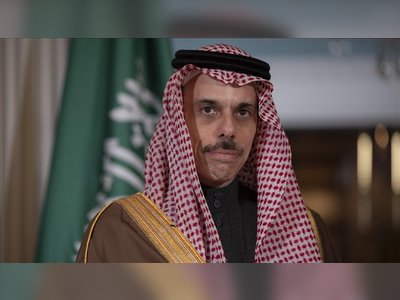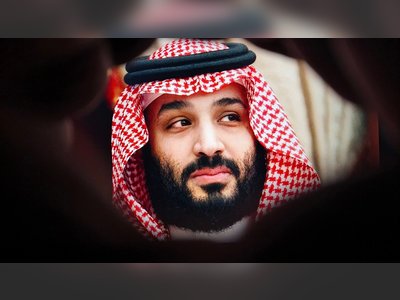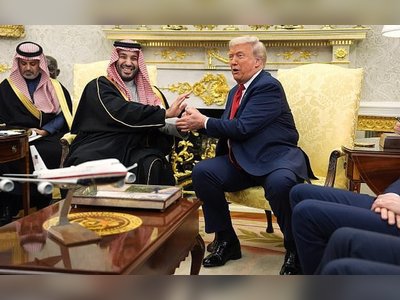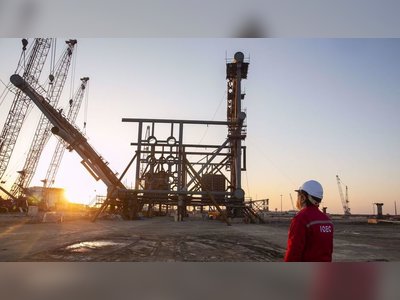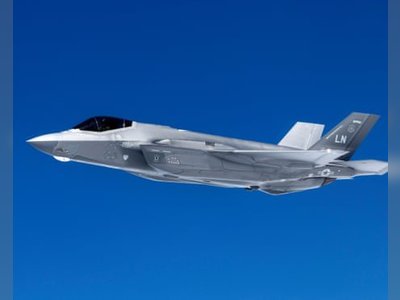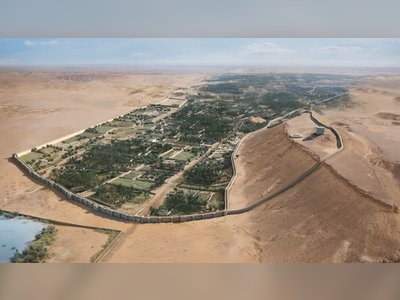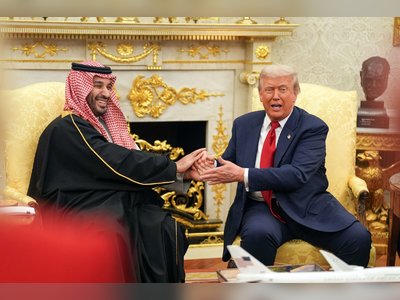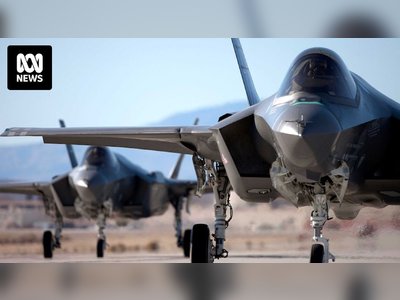Trump Elevates Saudi Arabia to Major Non-NATO Ally Amid Defense Deal
United States grants Riyadh enhanced military status as part of sweeping strategic and economic partnership
President Donald Trump announced on 18 November 2025 that Saudi Arabia will be formally designated a “major non-NATO ally” of the United States, deepening the bilateral defence partnership between the two nations.
The announcement was made during a black-tie dinner at the White House attended by Saudi Crown Prince Mohammed bin Salman, following the signing earlier in the day of a U.S.–Saudi Strategic Defence Agreement and a wide spectrum of economic and arms-sale commitments.
Under the new status, which brings Saudi Arabia into the exclusive group of twenty nations recognised by the U.S. State Department, Riyadh becomes eligible for a range of military and economic privileges.
These include priority access to U.S. equipment and technology, the ability to procure advanced ammunition such as depleted uranium rounds, eligibility for cooperative research and development projects with U.S. defence firms, and the possibility of hosting U.S. stockpiles of war-fighting materiel on its soil.
The strategic deal also includes substantial arms acquisitions: the White House fact sheet states that Saudi Arabia has agreed to purchase nearly 300 American tanks and to receive future deliveries of F-35 fighter jets, marking a significant shift in U.S. policy towards the kingdom.
Crown Prince Mohammed pledged to elevate Saudi investment in the United States from an earlier US $600 billion to nearly US $1 trillion, signalling expanded economic co-operation alongside defence ties.
Mr Trump described the move as part of his “America First” agenda, emphasising that the refreshed alliance will strengthen the U.S. defence industrial base, support American jobs and enhance regional deterrence.
The administration’s statement defined the Strategic Defence Agreement as a mechanism to ensure that partners like Saudi Arabia shoulder greater responsibility for threats, enabling the United States to “deploy our military partnerships to better deter and defeat threats.”
The elevation of Saudi Arabia’s status and the depth of the deal reflect a strategic realignment of U.S. priorities in the Middle East under Trump’s leadership.
Although the designation does not entail automatic U.S. defence guarantees akin to North Atlantic Treaty Organization membership, the updated framework positions Riyadh as a key security partner in a rapidly evolving regional landscape.
The announcement was made during a black-tie dinner at the White House attended by Saudi Crown Prince Mohammed bin Salman, following the signing earlier in the day of a U.S.–Saudi Strategic Defence Agreement and a wide spectrum of economic and arms-sale commitments.
Under the new status, which brings Saudi Arabia into the exclusive group of twenty nations recognised by the U.S. State Department, Riyadh becomes eligible for a range of military and economic privileges.
These include priority access to U.S. equipment and technology, the ability to procure advanced ammunition such as depleted uranium rounds, eligibility for cooperative research and development projects with U.S. defence firms, and the possibility of hosting U.S. stockpiles of war-fighting materiel on its soil.
The strategic deal also includes substantial arms acquisitions: the White House fact sheet states that Saudi Arabia has agreed to purchase nearly 300 American tanks and to receive future deliveries of F-35 fighter jets, marking a significant shift in U.S. policy towards the kingdom.
Crown Prince Mohammed pledged to elevate Saudi investment in the United States from an earlier US $600 billion to nearly US $1 trillion, signalling expanded economic co-operation alongside defence ties.
Mr Trump described the move as part of his “America First” agenda, emphasising that the refreshed alliance will strengthen the U.S. defence industrial base, support American jobs and enhance regional deterrence.
The administration’s statement defined the Strategic Defence Agreement as a mechanism to ensure that partners like Saudi Arabia shoulder greater responsibility for threats, enabling the United States to “deploy our military partnerships to better deter and defeat threats.”
The elevation of Saudi Arabia’s status and the depth of the deal reflect a strategic realignment of U.S. priorities in the Middle East under Trump’s leadership.
Although the designation does not entail automatic U.S. defence guarantees akin to North Atlantic Treaty Organization membership, the updated framework positions Riyadh as a key security partner in a rapidly evolving regional landscape.

